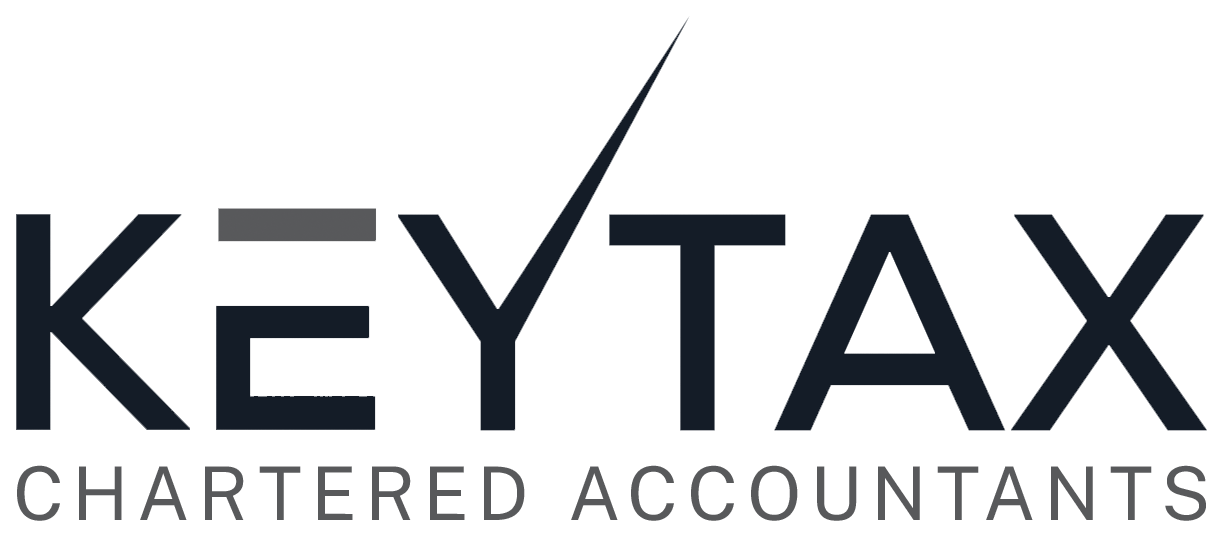In a welcome move for many businesses navigating the new corporate tax regime, the UAE government has announced that it will waive administrative penalties for late registration, provided certain conditions are met. This grace period is aimed at encouraging compliance while acknowledging the adjustment period required by businesses adapting to the country’s new tax laws.
The announcement, issued in April 2025, underscores the Federal Tax Authority’s (FTA) commitment to supporting the business community during the transition to corporate tax.
Who Can Benefit from the Waiver?
Businesses of all sizes—particularly small and medium enterprises (SMEs) and recently established companies—can take advantage of this waiver. The eligibility criteria are straightforward:
- You must complete your corporate tax registration, even if it is after the official deadline.
- You must file your corporate tax return within seven months from the end of your first tax period.
- You must ensure full compliance with all other tax obligations, such as accurate record-keeping and return submissions.
Understanding the First Tax Period
For many companies whose financial year aligns with the calendar year, the first tax period under the UAE’s Corporate Tax Law runs from 1 June 2023 to 31 May 2024, or 1 January 2024 to 31 December 2024, depending on their registered accounting cycle.
If your company’s first tax period ends on 31 December 2024, then to benefit from the waiver, you must ensure:
- Registration is completed, even if late.
- Tax returns are submitted no later than 31 July 2025.
How to Apply and Stay Compliant
- Register Promptly on the FTA e-Services Portal
Visit https://eservices.tax.gov.ae and create or access your user profile. Submit the registration application along with the required documents. - Prepare Your Financial Statements
Ensure your accounting records are up to date. Consider engaging a tax advisor to ensure that your taxable income is calculated accurately. - Submit Your Corporate Tax Return
File the return through the portal before the seven-month deadline following the end of your first tax period. - Maintain Full Compliance
This includes responding to FTA queries, maintaining accounting records for at least seven years, and adhering to other relevant laws.
Why This Matters
Late registration penalties can amount to AED 10,000 or more, depending on the nature and duration of non-compliance. This grace period offers significant relief and presents an opportunity to become compliant without incurring these fines.
Moreover, demonstrating good faith by voluntarily completing registration and filing requirements may improve your firm’s standing in the eyes of regulatory authorities.
Conclusion
The UAE’s decision to temporarily waive penalties for late corporate tax registration reflects its pragmatic and supportive approach to fiscal reform. Businesses that act swiftly and responsibly can benefit from this leniency, ensuring a smooth entry into the corporate tax system without the burden of retrospective penalties.
For more details on this policy update, refer to the original article from The National


